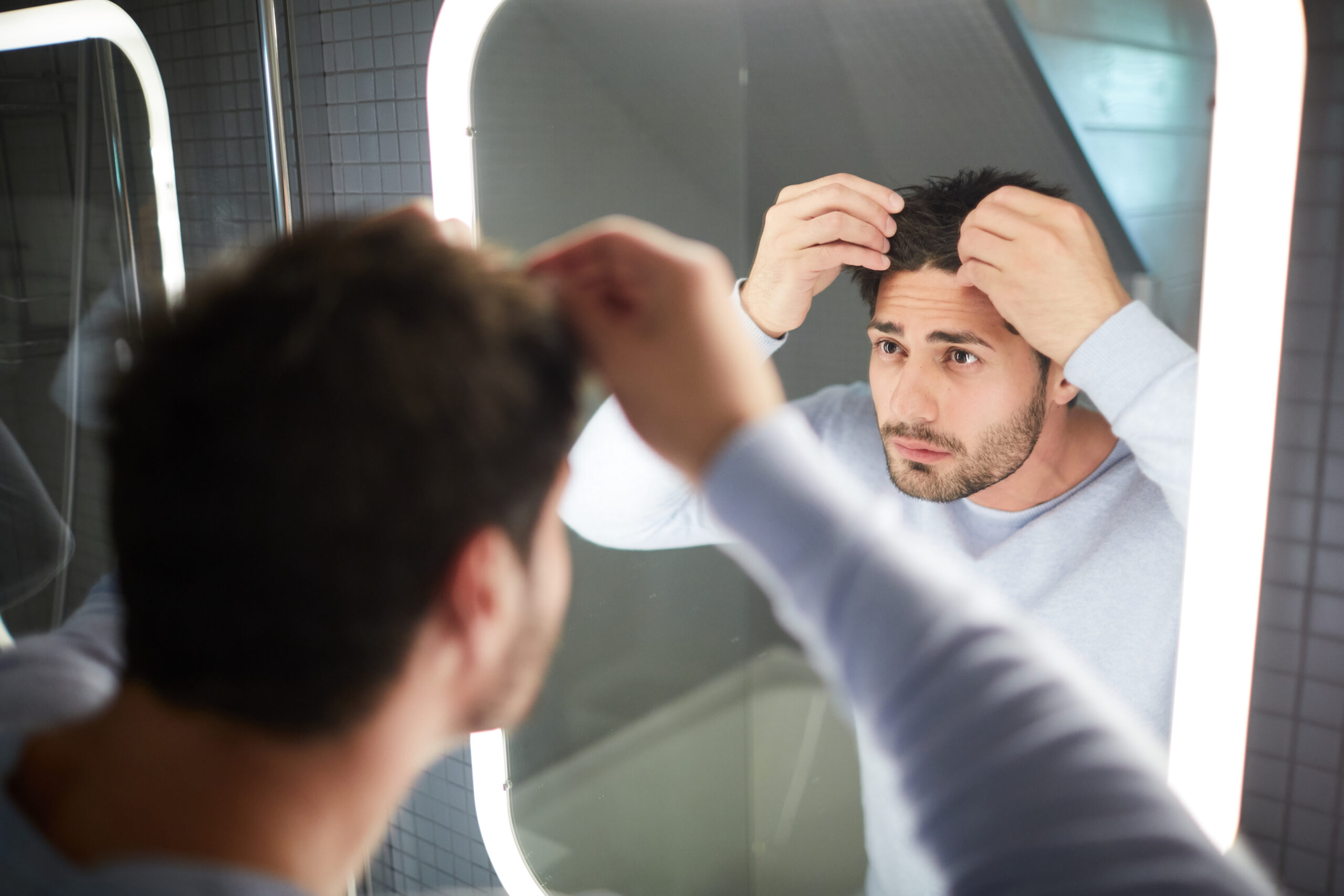In our pursuit of vibrant health and aesthetic appeal, many of us are often concerned about the condition of our hair. While genetics, age, and health play a significant role in hair’s vitality, certain lifestyle choices can also have profound effects on hair health. One such habit that frequently sparks curiosity is alcohol consumption. So, does alcohol really make your hair fall out? Let’s unravel the connection between regular drinking and the state of your tresses.
Alcohol and the Body
Before we delve into its direct impact on hair, it’s essential to understand how alcohol affects the body. Alcohol is a diuretic, which means it promotes increased urine production. This can lead to dehydration, not only impacting vital organs but also potentially affecting skin and hair health.The Alcohol-Hair Connection
While an occasional drink is unlikely to harm your hair, excessive alcohol consumption might be a different story. Here’s how alcohol can indirectly influence hair fall:- Dehydration: As mentioned, alcohol can dehydrate the body. Dry and brittle hair, lacking hydration, can be more prone to breaking and thinning.
- Nutrient Depletion: Alcohol affects the body’s ability to absorb essential vitamins and minerals. Deficiencies in zinc, iron, and certain B-vitamins, all crucial for hair health, can lead to weakened hair structure and, in severe cases, hair loss.
- Hormonal Effects: Excessive alcohol can lead to hormonal imbalances in both men and women, which might influence hair growth cycles. For instance, alcohol can raise estrogen levels, which can lead to hair thinning in some individuals.
- Impact on the Liver: Chronic alcohol consumption takes a toll on the liver, responsible for detoxifying the body. A compromised liver can lead to a build-up of toxins in the body, indirectly affecting hair health.
- Reduced Sleep Quality: While alcohol might help some people fall asleep, it often negatively impacts sleep quality. Poor sleep can lead to physical stress and hair weakening over time.
Other Contributing Factors
It’s essential to understand that while alcohol can play a role in hair health, it’s often a combination of factors that lead to noticeable hair fall. Stress, genetic predisposition, dietary habits, and other lifestyle choices can also influence hair vitality. Singling out alcohol might be an oversimplification if other significant factors are at play.Tips for Maintaining Hair Health
If you’re concerned about the state of your hair and believe alcohol might be a contributing factor, consider these tips:- Moderation is Key: If you choose to consume alcohol, do so in moderation. Not only is this approach better for hair health, but it’s also beneficial for overall well-being.
- Stay Hydrated: Combat the dehydrating effects of alcohol by drinking plenty of water, especially when you consume alcoholic beverages.
- Nutrient-Rich Diet: Ensure you’re consuming a balanced diet rich in essential vitamins and minerals that support hair growth, like iron, zinc, and B-vitamins.
- Consult a Professional: If you notice significant hair loss, it’s always a good idea to consult with a dermatologist or trichologist. They can provide insights specific to your situation.
